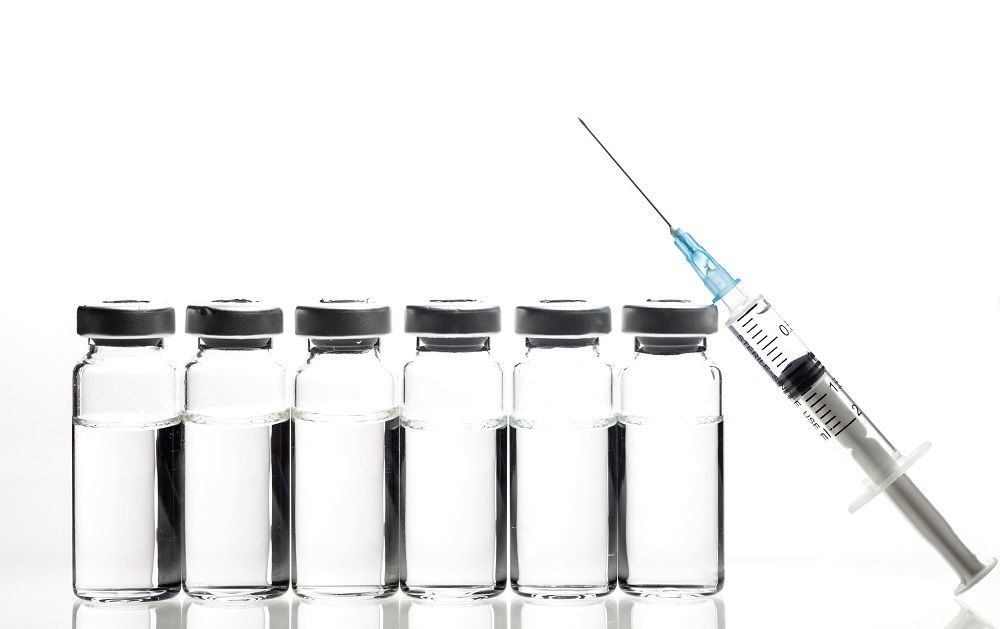
News
Government acts on Nuffield Council recommendation to ban under 18s from accessing cosmetic procedures
This was a key recommendation of our 2017 report on the ethical aspects of cosmetic procedures.
Alberto Costa MP led yesterday’s debate, calling on Government to take further measures to regulate the medical aesthetics industry. At the moment, anyone can provide a non-surgical procedure (such as Botox and dermal fillers). In our report, we said that anyone offering cosmetic procedures should be trained and certified before allowing to practise, and it should be easy for people to check that a person giving them a procedure is properly qualified. Some progress has been made in this area – the Joint Council for Cosmetic Procedures (JCCP) operates a voluntary register to help individuals identify qualified practitioners of non-surgical cosmetic procedures. This week, the Department of Health and Social Care launched a media campaign to ensure that people considering a cosmetic procedure have all the information they need to make an informed decision, including how to choose a reputable, safe, and qualified practitioner.
The debate coincided with Mental Health Awareness Week, for which the theme this year is body image, another area of focus in our report. It was positive to see this being brought into the debate, and much of the discussion aligned with our recommendations and conclusions, including:
- that cosmetic procedures carry inherent risks that can be trivialised when they are marketed in the same way as lifestyle choices, like having a haircut;
- the role of social media in normalising cosmetic procedures; and
- the importance of practitioners carrying out face-to-face consultations being properly qualified, including being able to assess the mental health of anyone considering a cosmetic procedure.
Since the publication of our report, we have noticed the increased attention to cosmetic procedures among politicians, regulators and the media; and more high-profile reiteration of the concerns raised in the report around body image, social media use, and advertising. We are encouraged by the work of other organisations in continuing to bring attention to this area (read our ‘one year on’ report).


